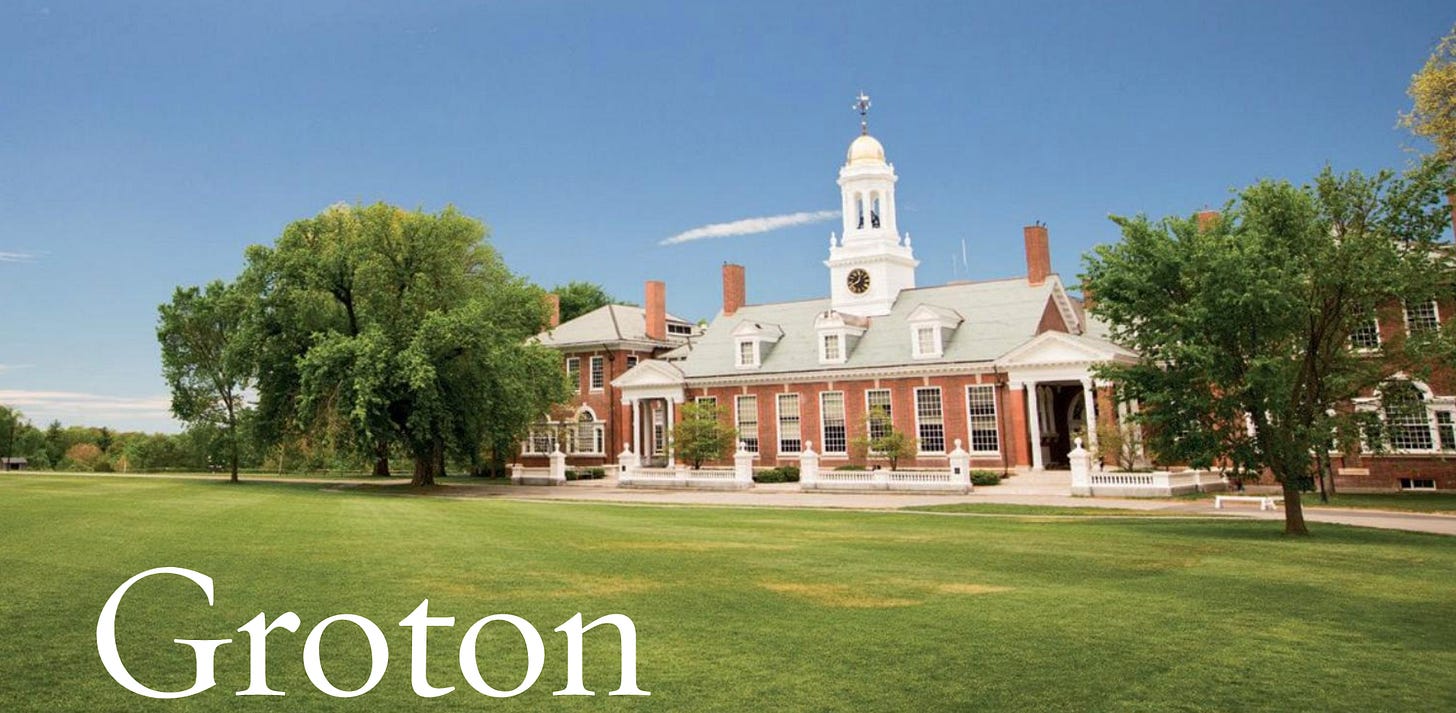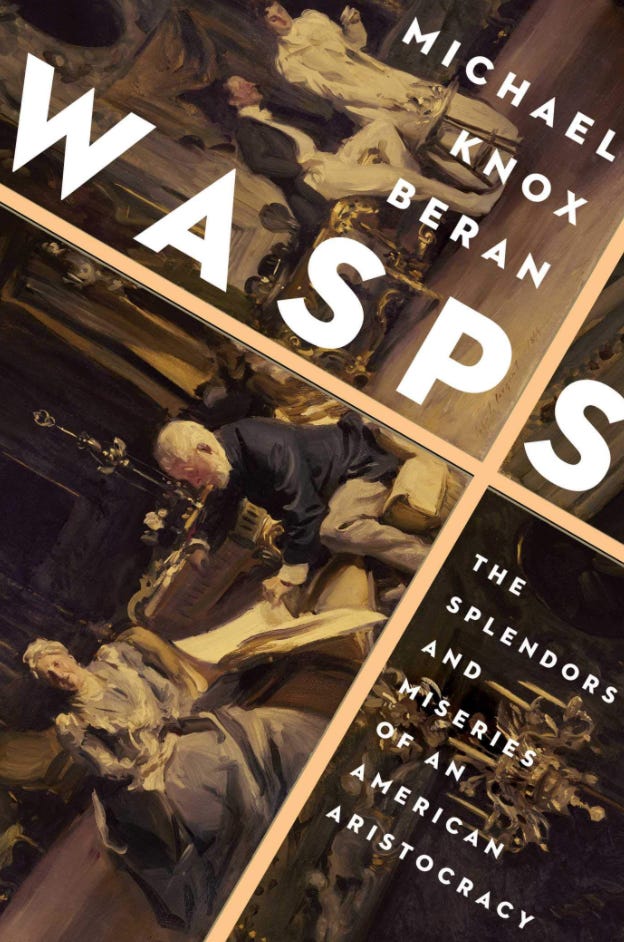That Sense of Entitlement
Let’s have a conversation today about the peculiarly American sense of entitlement. Where do you see it most?
Cultures like ours need checks and balances or the people with power will dominate everything. So we have what is claimed to be a nation of laws, but we also have a president with powers, a congress and house of representatives with powers, a supreme court with powers – and add to this what many would call the administrative state and we have a series of power blocs.
The bigger power ought to be the people, so let’s add them into the mix and contend that we have a representative democracy where those in the house and those in congress are supposed to represent the people.
A “republic” is supposed to be a society in which citizens are engaged in the public (res publica), but some people think they are born to rule and are thus entitled to decide for others. We don’t have in the USA an aristocracy or royals, we’ve got a people. But there are many who over time, with heritage, with sufficient funds and resources, with the “right” or “proper” education, and most especially with connections up the gazoo wazoo seem born to rule and sit in the seats of power.
In the USA we call this group, though it is not called this today quite as much as it was through the presidency of the elder Bush, the WASPs. Michael Knox Beran has the book on this: WASPS: The Splendors and Miseries of an American Aristocracy. This engaging book slides imperceptibly from one biography and anecdote to the next, all the while moving us in out of the major institutions (Groton Academy), people (Roosevelts), socio-cultural visions (art), and philosophies (Santayana). The essence of the WASP is the aching passion to expand human potential into the Greek ideal of human flourishing (he likes the word Eutrapelia), thee educational and cultural (and at one time spiritual) foundation one must have to achieve that kind of good manner of life, and the obviousness-to-all-who-matter that such persons are born to run our nation.
True: WASP doesn’t really mean White Anglo-Saxon Protestants. John F. Kennedy – the whole Kennedy family – were as fluent in the WASP culture and they were Irish Catholics. Beran fully recognizes the liquidity of those upper case letters.
What really surprised me about this book was how important Groton Academy – what today would be seen as upper class, hoity toity education and privilege and entrance into the higher reaches of society – for I don’t know that I had read more than a few passing mentions of this school. Well, what surprised me is how many of the up-and-coming came from this school. And then on to Harvard. Then onto all manner of influence and prestige.
The Ivy League schools were designed for the privileged destined to be powerful, the heritage of privilege was knocked to the ground by the rising trend in the mid 20th Century of meritocracy, but the reality is that they recovered by privileged money making merit more likely for the privileged (discussed here on this newsletter).
As I read the book I was noting what makes for a WASP in our culture, and I was also pondering how many commoners do what they can to get connected to the culture WASPs created so they can become persons of influence. I, too, think many who become Anglicans today in the evangelical fold are posturing themselves as entitled to the WASP pedigree. They are posers.
The real WASPs or those who shaped them, and I won’t mention many names, include: Endicott Peabody, Vida Scudder, J.P. Morgan, Henry James, Henry Adams, the Roosevelts (Teddy and Franklin and Eleanor), etc.. Beran’s book is nothing if not a swarming of mini-biographies.
Were born into the right families.
Inherited wealth.
Had a proximity to power.
Shaped by a Puritan heritage that entailed “guilt and self-questioning” (31).
Were educated in a classical education (Latin, Greek, Shakespeare) in high brow schools that prepared people for positions of influence and power: like Groton and Phillips Academy, Harvard and Princeton.
Experienced in Europe.
Loved conversation and leisure and reading.
Noted for their manners and good form.
Episcopalian.
Judgmental when it came to “character” and common habits of common people.
Wanted to use their privilege for public service, some leaning progressive and others more conservative. Some became fashionably communists and socialists.
Opposed to the money-making machines of the industrialists and plutocrats.
Infected with anxiety and depression, usually called neurasthenia – weakness of nerves.
Aimed at the regeneration and renewal of society according to humanistic values.
Believed in government by the best/aristocrats/their type!
Another way of putting this is a “deference to ancestors” and “patriarchs,” and this has been sketched as the “New English covenant” by Samuel Goldman in his new, small, very readable book, After Nationalism.
Hence, if you come up from this sketch of Beran’s book you will be saying “sense of superiority.” Such a posture infects the leaders of our culture, both in churches and the public. WASP culture is dying away but in its place a new kind of superiority will form, and if you are a progressive you may well think the Republicans think this of themselves, and if you are a conservative you may well think the Democrats fit the bill. WASP now is the eye of the one holding power.




It is my experience that pastors often expect people to supply them with what they want - because they are the pastor.
Our youngest son will start law school at Harvard next week. Both our sons went to the University of Texas/Austin. Neither of their parents come from anything resembling the blue blood or monied class.
We did expect that if our sons worked hard and largely stayed out of trouble they would be rewarded accordingly. Is this sort of expectation appropriate? In one sense, yes. In another I wonder whether one feels entitled or deserving because one has done the right sort of things. The Bible certainly doesn’t make that sort of promise.
As America has expanded both in land mass and population, it does seem that the sense of entitlement has equally expanded beyond the sorts of the privileged few you described so well in your post.